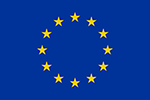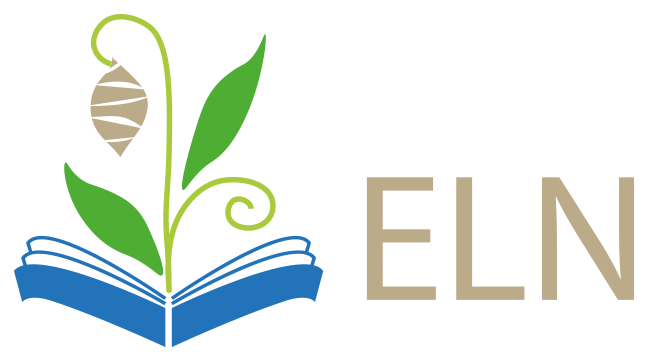
against climate changes with new energies

Co-funded by
the European Union

ELN – Environmental Literacy Networking
Project description
Environmental Literacy Networking (ELN) is a project co-funded by the European Union under EuropeAid, the program dedicated to international cooperation. ELN has a three-year duration and will end in September 2023.
The lead applicant is the Turkish Yuva association, while Kyoto Club is partner association. Among the associated partners from Italy there is also the Environment and Sustainability Office of the Municipality of Bologna.
The overall objective of the action is to establish a new quasi-informal network of Civil Society Organisations (CSOs) from Turkey (İstanbul, Çanakkale, Balıkesir, Ankara, İzmir, Mersin, Hatay and Antep) and EU (mainly including, but, thanks to the Kyoto Club contacts, not limited to Italy and Brussels) in the area of environment and climate change.
The overall contribution of the action is to strengthen the cooperation on sustainable development and tackling with climate change issues through a sustainable civil society dialogue which will give emphasis to cross-cutting environmental, sustainable development and climate change issues.
Project Objectives
The specific objective of this networking action is to bring CSOs from Turkey and EU together around the shared concern of protecting environment and combatting climate change, those who will voluntarily contribute knowledge, experience and/or resources for shared learning in the field of environment and climate change, joint action to achieve the shared purpose of providing sustainability and ecological literacy (SEL) and climate change literacy (CCL) education programmes for citizens in general and public bodies in particular, and those who will rely on the network to disseminate and advocate the objective of providing these literacy programs.
This specific objective can be declined into three sub-objectives to be referred as intermediary specific objectives, chiefly:
- to strengthen organisational/institutional and learning/teaching capacity of the newly established CSO network.
- To strengthen the ability of the CSO network to outreach and communicate towards its constituency (individual civil society organisations or others CSOs networks) and the citizens.
- To promoted strategic collaboration between the CSO network and public authorities at local and/or national levels by advocating the education models provided and by participating in decision-making process with a special focus on city councils in general and their environmental sub branches if available.
The specific contribution of the action is, first, to strengthen the capacity and sustainably enlarge the dialogue among Turkish CSOs as well as the one between Turkish and Italian CSOs and the Brussels-based networks’ partners. The second contributions are the dissemination of EU best practices in the field of environment and sustainable development. This cooperation will also contribute to a better understanding of the EU environmental legislation and negotiations and the advocacy for its implementation by Turkish public authorities.
Actions and targets
There are three main target groups, each being relevant to one of the outcomes of the proposed action:
- the first main target groups of the action are CSOs, and their employees and volunteer (+18 years old), working in or related to the field of environment and sustainable development, education and/or human rights who are potential members of environmental literacy networking.
- The second target groups of the action are children (13-18) and young adults (18-35) as potential participants of the environmental education programmes to be developed.
- The third target groups of the action are municipalities, city councils and, if available, their environmental committees, which will be the target of advocacy activities of the proposed action.
This page was created and maintained with the financial support of the European Union. Its contents are the sole responsibility of Kyoto Club and do not necessarily reflect the views of the European Union.
Bu sitesi, Avrupa Birliğinin maddi desteği ile oluşturulmuştur ve sürdürülmektedir. İçerik tamamıyla Kyoto Club sorumluluğu altındadır ve Avrupa Birliğinin görüşlerini yansıtmak zorunda değildir.